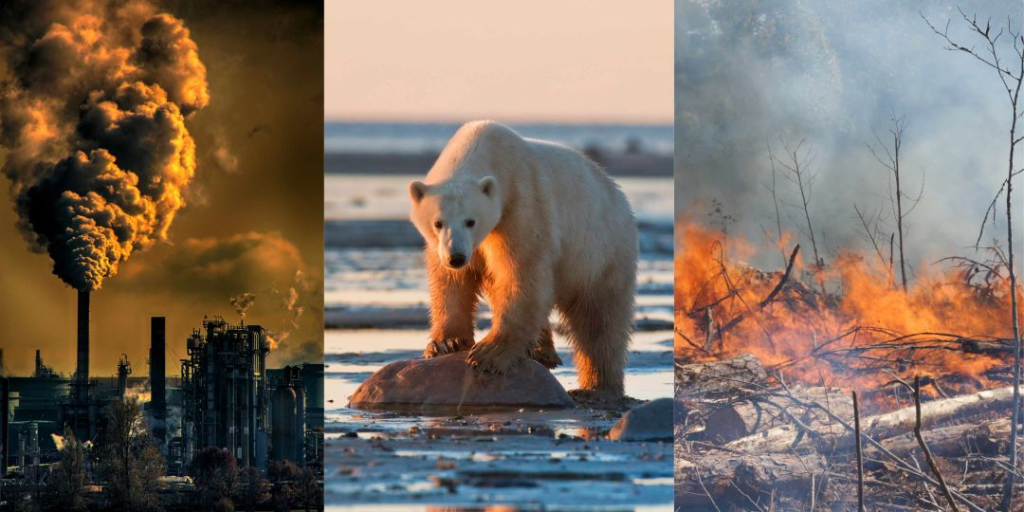
Climate change is increasingly impacting gewas populations worldwide, altering their habitats and behavior in profound ways. Recent studies reveal that rising temperatures, shifting weather patterns, and habitat loss are significantly affecting these species, with consequences for both their survival and the ecosystems they inhabit.
One major trend is the migration of gewas species to cooler areas as their traditional habitats become inhospitable. For instance, certain gewas are moving to higher altitudes or latitudes, seeking more suitable environments. This migration, however, often leads to increased competition for resources and can disrupt local ecosystems.
Additionally, climate change is affecting gewas reproduction rates. Warmer temperatures can alter breeding seasons and reduce reproductive success. For example, some gewas are experiencing decreased offspring survival rates due to changes in food availability and increased predation pressures.
Predictions for the future are concerning. If current trends continue, many gewas species could face severe population declines or even extinction. Conservation efforts are crucial in mitigating these effects, including habitat protection and restoration, as well as monitoring and adaptive management strategies.
Efforts to address climate change and its impacts on gewas populations must be urgent and multifaceted. By understanding and responding to these trends, we can work to protect these important species and the ecosystems they support.